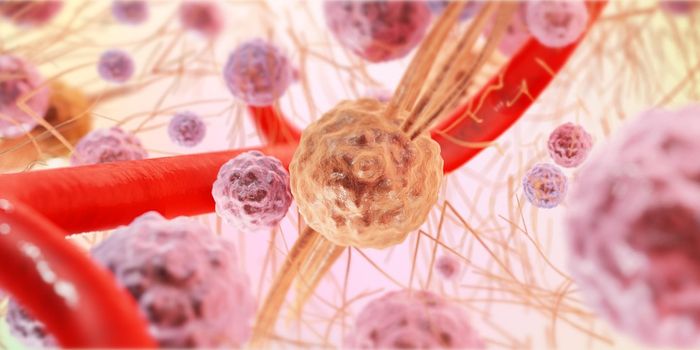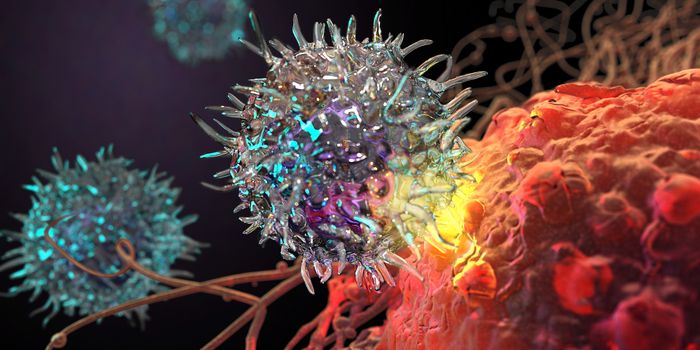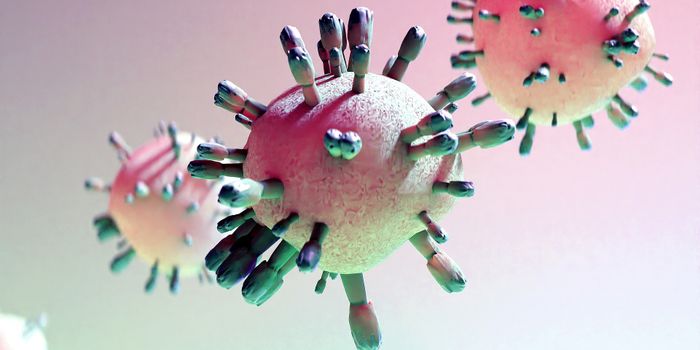New intravenous anti-cancer therapy crosses blood-brain barrier
New research from the University of Michigan reports for the first time a new synthetic protein nanoparticle that is able to deliver anti-cancer drugs directly to brain tumors. This drug is the first intravenous medication capable of crossing the blood-brain barrier.
The study was conducted in mice models to assess the effects of the drug on glioblastoma, which is the most common and aggressive form of brain cancer in adults. The research team found that seven out of eight mice administered the intravenous therapy experienced long-term survival. Furthermore, when those seven mice experienced a recurrence of glioblastoma, the research showed that their immune responses were successfully activated.
"It's still a bit of a miracle to us," said co-author Joerg Lahann, the Wolfgang Pauli Collegiate Professor of Chemical Engineering. "Where we would expect to see some levels of tumor growth, they just didn't form when we rechallenged the mice. I've worked in this field for more than 10 years and have not seen anything like this."
As Lahann implies, these findings have huge implications. The median survival for patients with glioblastoma is around 18 months and the average 5-year survival rate is below 5%. This intravenous nanoparticle delivery therapy could potentially lead to improved treatments for the deadly cancer.
"This is a huge step toward clinical implementation," said co-senior author of the study, Maria Castro, the R.C. Schneider Collegiate Professor of Neurosurgery. "This is the first study to demonstrate the ability to deliver therapeutic drugs systemically, or intravenously, that can also cross the blood-brain barrier to reach tumors."

The nanoparticle therapy uses the building blocks of a protein present in the blood known as human serum albumin, which is one of the rare molecules capable of crossing the blood-brain barrier. According to the team, their technique could be eventually be adapted to deliver other small-molecule drugs and therapies to solid-based tumors.
Sources: Nature, Science Daily








